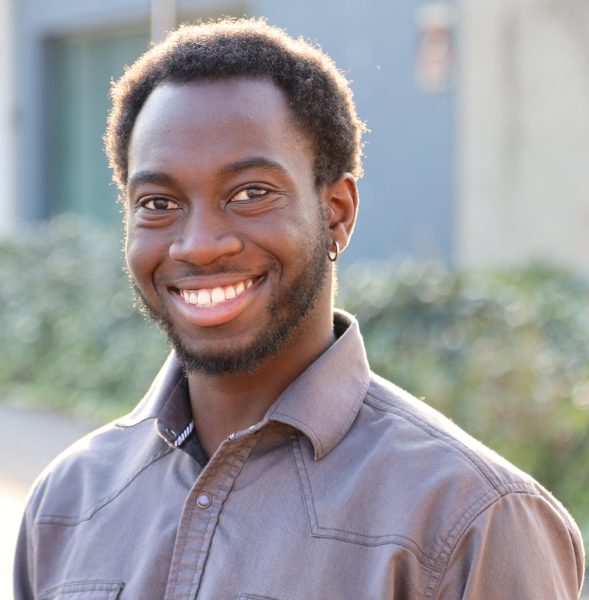Next year, rising juniors and seniors will likely not have any housing availability on campus. The university sent an email announcement informing the classes of ’25 and ’26 of this change Sept. 28. So, what does this mean for students?
The lack of availability for on-campus housing next year may further change the dynamic some students — specifically those experiencing economic hardships — have with their education here at St. Joe’s. For some, this change will shift their priorities from striving to get on the Dean’s List to making sure they have a roof over their head.
This policy will affect our economically disadvantaged students the most. The Mississippi’s Institutional Review Board, an entity responsible for ensuring ethical research involving human subjects, defines economically disadvantaged persons as those “who struggle to provide basic necessities for themselves and their families or communities.”
Non-commuting economically disadvantaged students will now have another stressor added to their school work and other things that occupy their mental capacity. They might have to worry about making enough money to cover rent each month. While I am aware the term “economically disadvantaged” encompasses all races and ethnicities, I want to focus specifically on economically disadvantaged students of color.
According to data from the National Center for Education Statistics, in fall 2021, 70% of students enrolled at St. Joe’s were identified as white, 9% were Black or African American, 8% were Hispanic, 4% were Asian, 4% were an unknown race or ethnicity, 3% were two or more races and 3% were identified as U.S. nonresidents.
I choose to focus on the economically disadvantaged within the 30% of people of color at this university because oftentimes, the issues of those underrepresented in our communities are vastly overlooked. I do not claim to be certain of the economic situation of St. Joe’s student body, but what I will say is that historically, this university has been more affluent than most.
This discrepancy between those who may be more affluent and those who may face economic challenges requires an examination of our own privileges. According to a definition from Rider University, the term “privilege” refers to the “certain social advantages, benefits, or degrees of prestige and respect that an individual has by virtue of belonging to certain social identity groups.” In the context of this discussion, those “certain social identity groups” would lay along lines of economic disparities. It’s also important to note that having privilege doesn’t mean your life has been easy, it only means that you have certain social advantages comparable to others. Understanding our privileges is important because we don’t live in vacuums, we live in relation to one another. What you may see as normal, others may not.
It is especially important for us to recognize our privileges after this drastic policy change of St. Joe’s no longer offering housing to juniors and seniors. To some, this change might be “that housing thing,” but to others, this could dictate new spending and living behaviors in preparation to adapt for next year.
My call for us to examine our privileges isn’t a call to guilt anyone. It is not a call to shame anyone for having more than others. It is simply a call to be aware. Depending on where you were born, or to whom, your life can look drastically different. As much as our hard work and dedication shape our futures, so do our privileges. In an inequitable world, the least we can do is acknowledge our personal privileges.















































